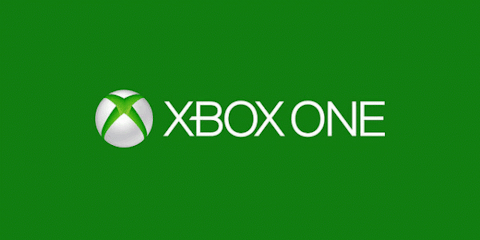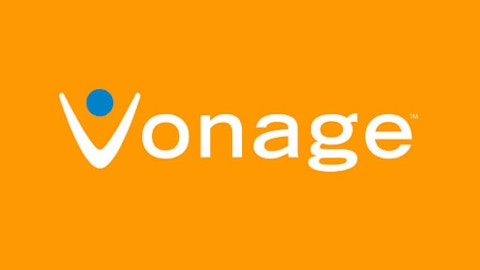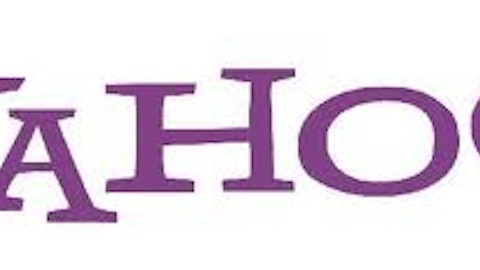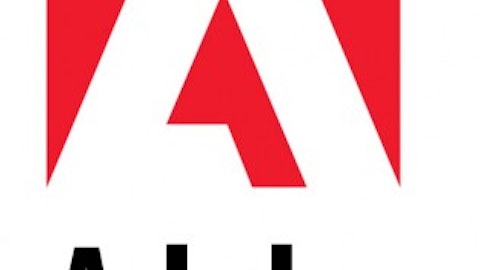Sometime between now and the end of July, PC gaming company Valve will hold its annual summer sale. The event, which lasts about a week, has become somewhat of a holiday for gamers in recent years. During the sale, games are marked down by 75% or more, making them far cheaper than even their used console counterparts.
Soon, Valve will push into the console market with its own hardware, the Steam Box, bringing the best of PC gaming to the living room. Given Valve’s ability to offer such cheap games, that could prove to be a major challenge to Sony Corporation (ADR) (NYSE:SNE) and Microsoft Corporation (NASDAQ:MSFT).
Bringing the gaming PC into the living room
Despite the advantages PC gaming offers, console makers have been able to thrive for decades. Gaming-quality PCs can often be expensive, and given the wide divergence in the different hardware setups, a game that runs on one PC is not guaranteed to run on another.
Valve’s Steam Box should rectify this situation, to some extent. With a Steam Box, users will able to buy a machine, plug it into their TV, and feel confident that they’ll be able to play the games they purchase. There’s no official release date yet, but prototypes are expected later this year.
Given the extreme price differential, the Steam Box should appeal to many gamers. During their periodic sales, older games can often be purchased for less than $5, and new games that retail for $60 can be bought for $30.
How can Valve sell games at such a steep discount?
But how can Valve sell its games at such a steep discount? The answer lies in the company’s digital distribution model. Valve’s online service, Steam, is roughly the video game equivalent of Apple Inc. (NASDAQ:AAPL)’s iTunes.
That is to say, Valve sells only digital copies of its games — games cannot be resold or given to another user.
Until recently, Microsoft Corporation (NASDAQ:MSFT) was poised to embrace a Steam-like distribution model for its next console, the Xbox One. Game lending was going to be restricted, while the process of selling and buying used games was poised to be cumbersome.
Yet, Microsoft Corporation (NASDAQ:MSFT) received so much backlash from this proposed strategy that it was forced to alter its policy six months ahead of the console’s launch. Perhaps Microsoft could have gotten away with it if it had promised Steam-like pricing.
The decline of GameStop’s business
When Microsoft Corporation (NASDAQ:MSFT) announced that it was going back on its policy, GameStop Corp. (NYSE:GME) shares spiked. The video game retailer remains dependent on the sale of used video games, and any restrictions that would limit used game sales would have a negative effect on GameStop’s business.
But ultimately it seems that used video games will eventually disappear entirely, and services like Steam should help to facilitate the transition.
In fiscal year 2011, GameStop Corp. (NYSE:GME) made roughly $1.2 billion from the sale of used games. That money more or less amounts to a tax on the industry, as GameStop acts as a middleman — taking money away from developers and gamers.
By eliminating used games, and embracing digital distribution, Valve is able to offer incredible discounts. Although Microsoft Corporation (NASDAQ:MSFT)’s attempt to do the same has faltered, it seems obvious that the gaming companies will continue to push the industry in that direction; and if the discounts are big enough, gamers will be receptive.
Valve’s partnership with NVIDIA
Besides its Tegra mobile chips, NVIDIA Corporation (NASDAQ:NVDA) is largely known for its PC video cards. One of those cards could appear in the Steam Box.
In an interview with Forbes, NVIDIA’s Jason Paul revealed that his company is working closely with Valve. He declined to go into detail, but he hinted that their new handheld gaming console, SHIELD, would interface with Valve’s Steam Box in some manner.
In addition to playing Android games, SHIELD allows owners of NVIDIA Corporation (NASDAQ:NVDA) cards to stream games directly from their PCs to NVIDIA’s device. Nintendo’s latest console, the Wii U, comes with a tablet controller offering similar functionality — perhaps SHIELD could work with the Steam Box in such a manner.
At any rate, any investors interested in NVIDIA should pay attention to the Steam Box. It could prove to be a catalyst for its business.
The Steam Box
Given Valve’s ability to offer games at prices far lower than its console competitors, Valve’s push into the living room could prove to be enormously successful.
If that’s the case, it will represent a major victory for digital distribution, and another sign of GameStop’s long-term challenges. NVIDIA will likely play a major part in Valve’s plans, so any investors interested in Nvidia should keep a close eye on the machine.
If nothing else, the Steam Box shows that the traditional gaming landscape is going through a major transition.
The article Valve’s Steam Box to Threaten PlayStation 4, Xbox One originally appeared on Fool.com and is written by Salvatore “Sam” Mattera.
Sam Mattera is long GameStop puts dated January 2015 has no position in any stocks mentioned. The Motley Fool recommends NVIDIA. The Motley Fool owns shares of GameStop and Microsoft. Salvatore “Sam” is a member of The Motley Fool Blog Network — entries represent the personal opinion of the blogger and are not formally edited.
Copyright © 1995 – 2013 The Motley Fool, LLC. All rights reserved. The Motley Fool has a disclosure policy.






